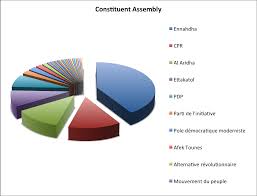constituent
英 [kənˈstɪtʃ.u.ənt]
美 [kənˈstɪtʃ.u.ənt]
- n. 成分;选民;委托人
- adj. 构成的;选举的
使用频率:

记忆方法
记忆“constituent”这个单词的方法是将它的意思分解为“con-”表示“一起”或“共同”,“stitu”联想到“建立”或“组成”,“-ent”是形容词后缀。结合这些部分,可以想象为“共同组成的一部分”或者“基本组成部分”。例如,在一个国家中,每一个公民都是一个构成国家的基本元素,即一个“constituent”。
以上内容由AI生成, 仅供参考和借鉴
英语词源
- constituent (n.)
- 1620s, "one who appoints or elects a representative," from Latin constituentem (nominative constituens), present participle of constituere (see constitute). The notion is "to make up or compose" a body by appointing or electing a representative. As an adjective, "essential, characteristic," from 1660s; "that appoints or elects a representative to a body," from 1714.
权威例句
- 1. The constitution also confers large powers on Brazil's 25 constituent states.
- 宪法还赋予巴西的25个成员州很大的权力。
- 2. Over time, the protein in the eggshell breaks down into its constituent amino acids.
- 时间久了,蛋壳中的蛋白质就会分解为其构成成分氨基酸。
- 3. Caffeine is the active constituent of drinks such as tea and coffee.
- 咖啡因是茶、咖啡之类饮品中的活性成分。
- 4. Glycerol is a constituent of all fats and phospholipids.
- 甘油是所有脂肪和磷脂的组成部分.
- 5. Compounds can often split up by chemical reactions into their constituent elements.
- 化合物常能通过化学反应分解为构成该化合物的各个元素.